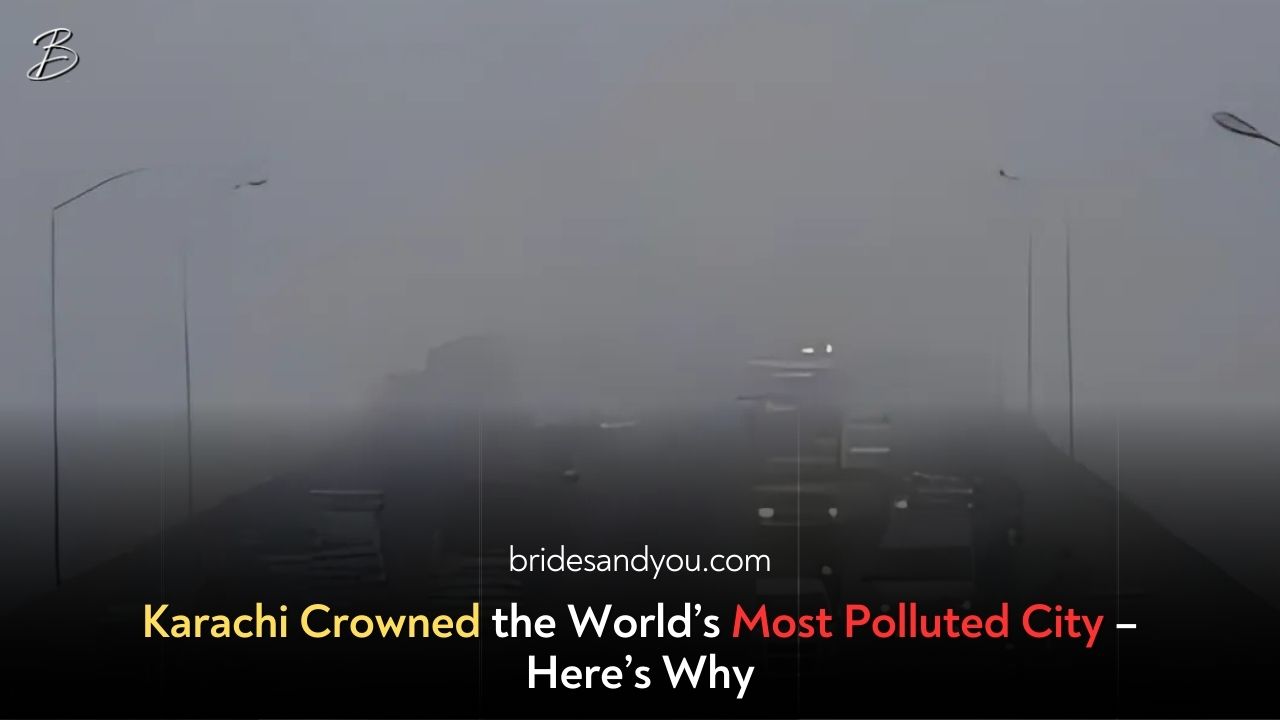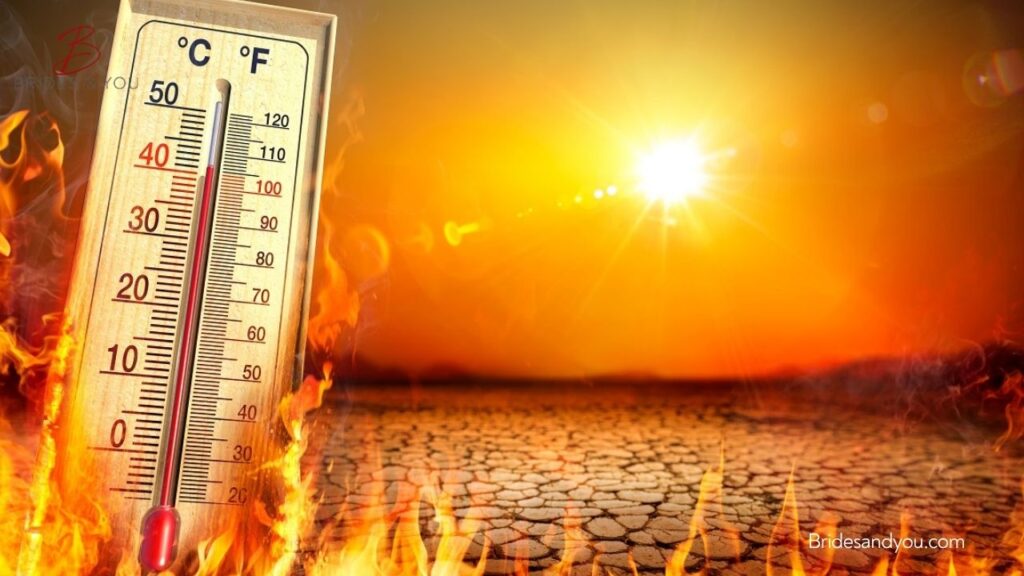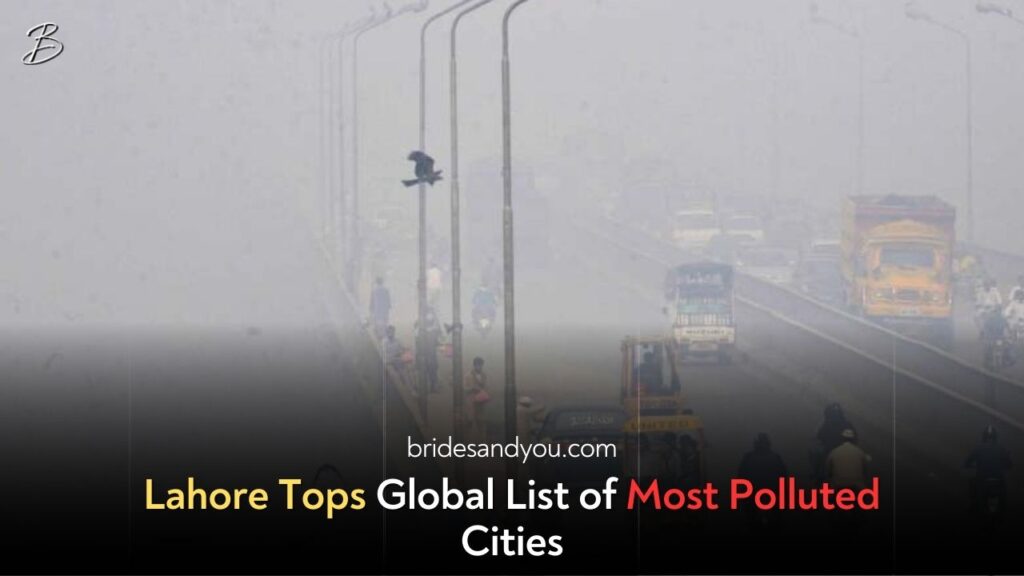Now Reading: Karachi Tops the List of the World’s Most Polluted Cities: A Wake-Up Call for Action
-
01
Karachi Tops the List of the World’s Most Polluted Cities: A Wake-Up Call for Action
Karachi Tops the List of the World’s Most Polluted Cities: A Wake-Up Call for Action

Karachi, Pakistan’s bustling metropolitan hub, has achieved an unenviable milestone: it has topped the list of the world’s most polluted cities. With an Air Quality Index (AQI) of 262, Karachi now surpasses Dhaka (249 AQI) and Kabul (third place) as reported by Dunya News.
This alarming development highlights the escalating pollution crisis in Pakistan. Major cities, including Lahore, Multan, Faisalabad, Rawalpindi, and Peshawar, are grappling with deteriorating air quality, raising serious concerns about public health and environmental sustainability.
The Impact on Public Health
Experts warn that air pollution poses severe respiratory risks, especially to the most vulnerable groups—children and the elderly. The persistent exposure to poor air quality exacerbates chronic respiratory conditions, allergies, and other health issues, burdening healthcare systems and diminishing the quality of life for millions.
Smog: The Persistent Culprit
A week before Karachi topped the list, Lahore held this grim title. Smog, driven by a mix of industrial emissions, vehicular exhaust, and seasonal weather patterns, has emerged as the primary driver of worsening air quality across Pakistan’s urban centers.
The Need for Immediate Action
Addressing this crisis requires a multi-pronged approach:
- Improved Regulations: Stricter enforcement of air quality standards and emission controls on industries and vehicles.
- Tree Planting Drives: Expanding green spaces in urban areas to act as natural air purifiers.
- Public Awareness: Educating citizens on minimizing their pollution footprint and the health impacts of air pollution.
- Policy Reforms: Investing in renewable energy sources and cleaner technologies for sustainable development.
The rising pollution levels serve as a dire warning. If not addressed promptly, the consequences for Pakistan’s public health and economy could be catastrophic.
Join the conversation! What steps do you think Pakistan should take to combat air pollution? Share your thoughts and ideas below.












